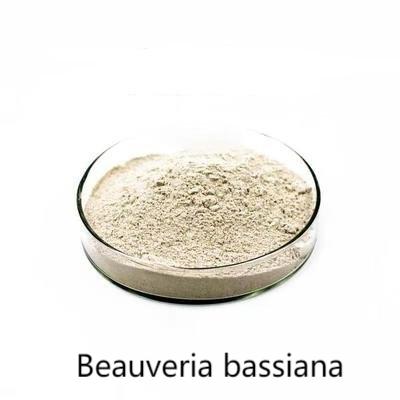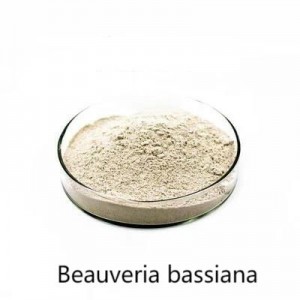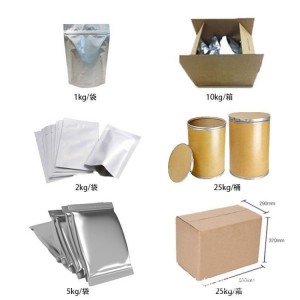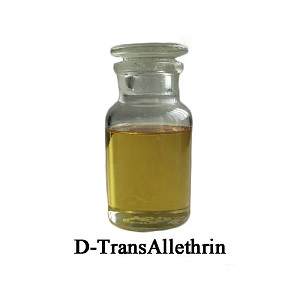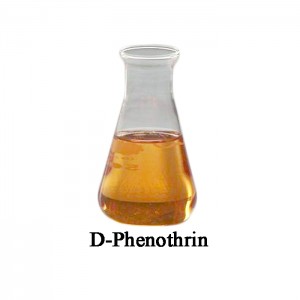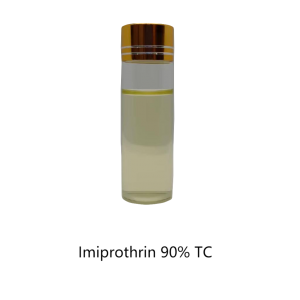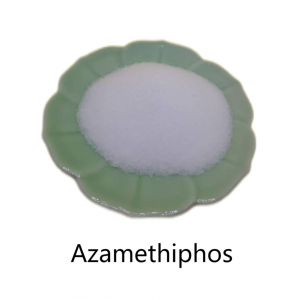A recyclable and highly efficient insecticide Beauveria bassiana
Product Description:
Beauveria bassiana is a pathogenic fungus. After application, under suitable environmental conditions, it can reproduce by conidia and produce conidia. The spore germinates into a germ tube, and the top of the germ tube produces lipase, protease, and chitinase to dissolve the insect’s shell and invade the host to grow and reproduce. It consumes a lot of nutrients in the pests, and forms a large number of mycelium and spores covering the body of the pests. It can also produce toxins such as beauverin, oosporine bassiana and oosporin, which disrupt the metabolism of the pests and eventually lead to death.
Applicable crops:
Beauveria bassiana can theoretically be used on all plants. Currently, it is commonly used in wheat, corn, peanuts, soybeans, potatoes, sweet potatoes, green onions, garlic, leeks, eggplants, peppers, tomatoes, watermelons, cucumbers, etc. to control underground pests and ground pests. Pests, can also be used for pine, poplar, willow, locust, acacia and other forest trees as well as apple, pear, apricot, plum, cherry, pomegranate, persimmon, mango, lychee, longan, guava, jujube, walnut, etc. fruit trees.
Product use:
Mainly prevent and control pine caterpillar, corn borer, sorghum borer, soybean borer, peach borer, diploid borer, rice leaf roller, cabbage caterpillar, beet armyworm, Spodoptera litura, diamondback moth, weevil, potato beetle, tea Small green leafhopper, longhorn beetle, American white moth, rice budworm, rice leafhopper, rice planthopper, mole cricket, grub, golden needle insect, cutworm, leek maggot, garlic maggot and other underground pests.
Instructions:
To prevent and control pests such as leek maggots, garlic maggots, root maggots, etc., apply the medicine when the young larvae of leek maggots are in full bloom, that is, when the tips of the leek leaves begin to turn yellow and become soft and gradually fall to the ground, use 15 billion spores per mu each time /g Beauveria bassiana granules 250-300 grams, mixed with fine sand or sand, or mixed with plant ash, grain bran, wheat bran, etc., or mixed with various flushing fertilizers, organic fertilizers, and seedbed fertilizers. Apply to the soil around the roots of the crops by hole application, furrow application or broadcast application.
To control underground pests such as mole crickets, grubs, and golden needle insects, use 15 billion spores/gram of Beauveria bassiana granules, 250-300 grams per mu, and 10 kilograms of fine soil before sowing or before planting. It can also be mixed with wheat bran and soybean meal. , corn meal, etc., and then spread, furrow or hole, and then sow or colonize, which can effectively control the damage of various underground pests.
To control pests such as diamondback moth, corn borer, locust, etc., it can be sprayed at the young age of the pests, with 20 billion spores/gram of Beauveria bassiana dispersible oil suspension agent 20 to 50 ml per mu, and 30 kg of water. Spraying in the afternoon on cloudy or sunny days can effectively control the harm of the above pests.
To control pine caterpillars, green leafhoppers and other pests, it can be sprayed with 40 billion spores/gram of Beauveria bassiana suspension agent 2000 to 2500 times.
For the control of longhorn beetles such as apples, pears, poplars, locust trees, willows, etc., 40 billion spores/gram of Beauveria bassiana suspension agent 1500 times can be used to inject worm holes.
To prevent and control the poplar moth, bamboo locust, forest American white moth and other pests, in the early stage of pest occurrence, 40 billion spores/gram of Beauveria bassiana suspension agent 1500-2500 times of liquid uniform spray control
Features:
(1) Wide insecticidal spectrum: Beauveria bassiana can parasitize more than 700 kinds of underground and above-ground insects and mites from 149 families and 15 orders, including Lepidoptera, Hymenoptera, Homoptera, and Orthoptera.
(2) No drug resistance: Beauveria bassiana is a microbial fungal biocide, which mainly kills pests through parasitic reproduction. Therefore, it can be used for many years without drug resistance.
(3) Safe to use: Beauveria bassiana is a microbial fungus that only acts on host pests. No matter how much concentration is used in production, no phytotoxicity will occur, and it is the most reliable pesticide.
(4) Low toxicity and no pollution: Beauveria bassiana is a preparation produced by fermentation without any chemical components. It is a green, environmentally friendly, safe and reliable biological pesticide. It does not pollute the environment and can improve the soil.
(5) Regeneration: Beauveria bassiana can continue to reproduce and grow with the help of suitable temperature and humidity after being applied to the field.






